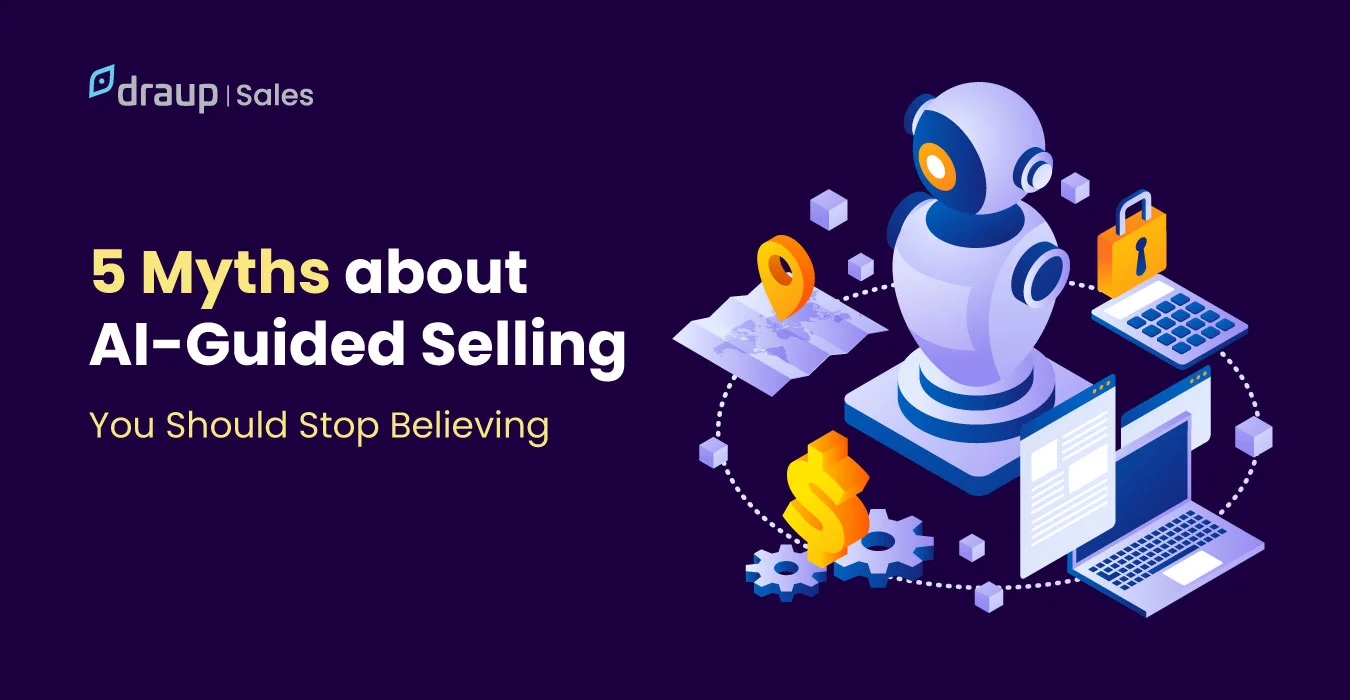Global healthcare spending is expected to exceed USD 10 Tn by 2022. In order to tap into this market, providers are keen to explore innovations from path-breaking technologies such as Artificial Intelligence, Machine Learning, Data Science, IoT, and Big Data.
From AI-IoT-powered wearable tech to Computer Vision-enabled diagnostic tools, the market is ripe for service providers to capitalize on high-value opportunities.
Case in point, the effective use of Internet of Things (IoT) alone can reduce operational costs in healthcare by USD 100 Bn annually. Naturally, healthcare providers are eager to leverage this and are actively looking for such solutions.
However, healthcare is an intricate system that requires a meticulous approach to implementing digital transformation. Jumping headfirst without a robust transformation strategy could backfire and even result in cost overruns in the worst-case scenario.
Any new digital transformation strategy requires stakeholders to understand the current ecosystem, evaluate existing use cases and make data-backed decisions. The same applies for the healthcare industry as well.
Forces Redefining the Industry
The growth of healthcare is interconnected with the growth of AI, ML, NLP & other new-age technologies. Organizations are working to redefine the industry and help stakeholders and medical professionals churn out solutions sprightly and more accurately.
In this context, it’s helpful to see some of the use cases where such emerging technologies have served the industry well.
AI’s assistance in streamlining the data process and finding treatment
With the rise in adoption and implementation, the global AI healthcare market will touch USD 22.8 Bn by 2023.
AI’s implementation as a tool in this sector has the potential of reshaping the industry entirely. Data mining, curating medical records, and drug discovery — AI algorithms expedite the process to enable medical professionals to find treatment faster.
Recursion Pharmaceuticals and Deep Genomics are two companies using AI to create new drug candidates and novel therapeutic solutions.
In 2020, Google Health and DeepMind presented AI’s significant contribution to the medical world. The algorithm outsmarted human radiologists in identifying breast cancer.
Healthcare in tandem with cutting-edge technology like artificial intelligence facilitates service providers and researchers to prepare for future crises.
Embracing ML to work with medical data
Regarded as another frontier of healthcare, machine learning is helping both service providers and medical professionals in everything from surgeries to sharing the correct data and enhance the treatment experience. Much like AI’s contribution to healthcare, machine learning also proves its effectiveness while managing data.
Maintaining electronic health records (EHRs) comprising all the necessary patient information is ML’s support to medical professionals. Machine learning will help quickly analyze data and streamline the treatment process while also saving the exorbitant price patients must pay after the treatment.
The benefits of embracing machine learning are plenty; the most significant of those are — the ability to categorize health data and predicting life-threatening illnesses.
Tracking with Internet of Things
A market research predicts that by 2024, the IoT market in healthcare will exceed USD 10 Bn. Thus, IoT or the Internet of Things is steadily shaping up the industry along with other powerful technologies.
IoT is revitalizing the way patients are monitored and treated. The real-world applications in this industry present some great examples to service providers and medical professionals. Wearable devices like smartwatches and medical robots in surgery are well-known examples of IoT in healthcare.
A case in point is Pfizer and IBM’s partnership to understand the efficacy of Parkinson’s drugs and make further adjustments to doses in real-time. The collaboration also aims at improving doctor-patient communication.
IoT in healthcare is immensely beneficial for medical professionals and patients. Healthcare providers worldwide have leveraged the power of IoT. While many such use cases are in their nascent stages, the Internet of Things will reach its fullest potential and transform every facet of our lives.
NLP’s guidance in demystifying records
As per a recent report, the global NLP value in healthcare will reach USD 3.7 Bn by 2025. NLP’s support to the industry is unparalleled, making it easier for patients to understand and analyze records.
Amazon’s Comprehend Medical is a famous example, which extracts health data and insights from unstructured health records such as prescriptions, bills, medical reports, and EMR. The collected data helps extract patients’ accurate information quickly. In addition, pharmaceutical companies also leverage the information to fasten their process of clinical drug discovery.
Despite significant challenges, NLP has ample potential to transform electronic health records from demanding to blessing.
The healthcare industry has, without a shadow of a doubt, benefited from technological advances. Artificial intelligence and machine learning are playing their part in eliminating overwhelming challenges faced by stakeholders and researchers.
Innovations have led to the betterment of the industry after the catastrophic turn of events. Regardless of the emerging technologies that are coming sooner than we think, adoption in different industries makes the implementation interesting.
Human life is imperative and inarguably the most valuable thing on the planet. AI, ML, IoT, NLP can save a fortune for those considering breaking the bank and contribute to the future of healthcare in more ways than one. Revolution in treatment propelled by innovation is inevitable and increasing; however, it needs the support and guidance of the right platform.
Clearly, healthcare is always a high-opportunity industry with immense potential for high-value deals cutting across new-age technologies. Service providers need to be on their toes to sense market sentiments, analyze emerging requirements and pitch highly-relevant solutions.
Draup for Sales is an AI-based sales intelligence tool to help medical professionals alleviate real-world problems. Service providers can leverage state-of-the-art solutions to address the growing challenges of this ever-growing industry.







